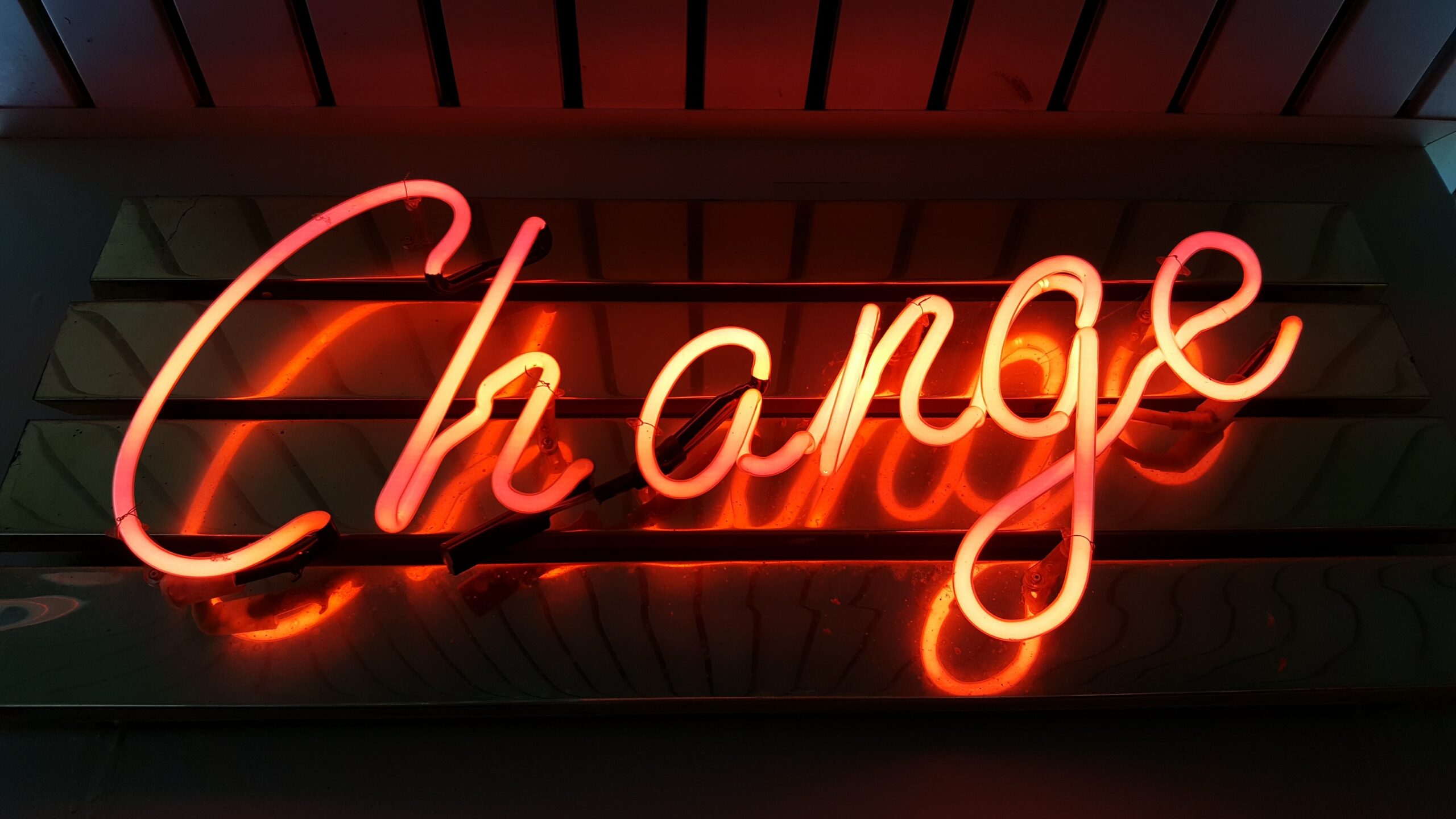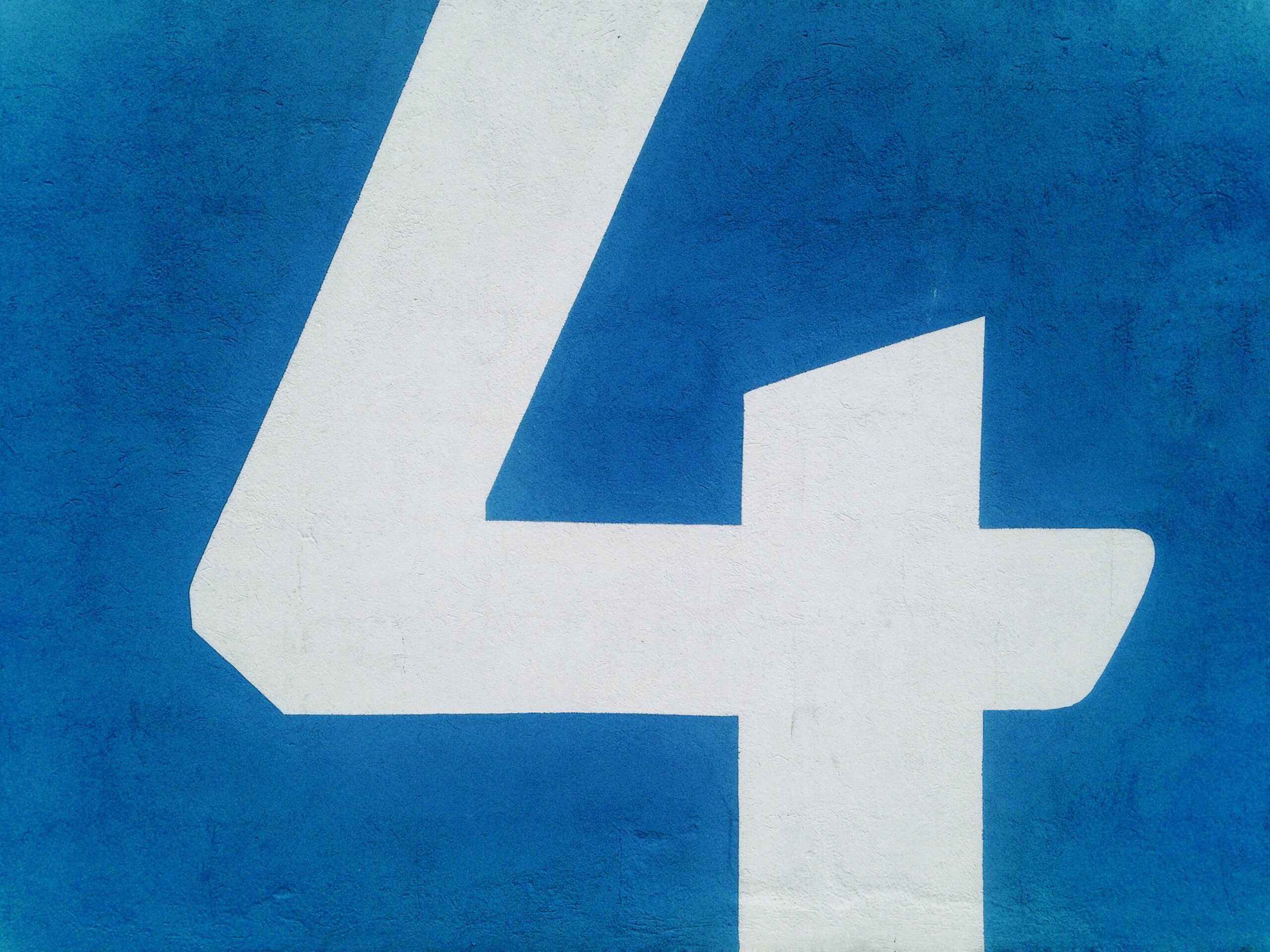What if you knew?
This coming week, count how many times you tell yourself ‘I don’t know’ something, you do not have the answer.
You will be surprised how often this happens.
We often tell ourselves ’I don’t know’.
We prefer to ask others than to ask ourselves.
It seems a legitimate comment.
We often think and feel that we do not have the answer.
Thinking ‘I don’t know’ is only useful if right after saying it, you look for answers and act on one of them. Right away. Without delay.
If that is you, congratulations.
For most of us, that is rarely the case.
We say or think, ‘I don’t know’ and keep looking for an answer.
We imagine there is THE answer. The magical answer that will solve everything, perfectly.
Whatever the problem is, we think there is a single answer that solves it. Each problem has a single answer.
A perfect answer does not exist.
There are no single answers to solve a problem.
OK, maybe in maths.
Why do we think ‘I don’t know’?
Finding an answer means we will need to act on it, we will need to change things.
Change is uncomfortable.
We have an innate reaction to avoid it.
Fear kicks in. Fear of change stops us.
Acknowledging that it is just fear does not feel right either.
‘Not knowing’ feels legitimate, more acceptable: We need more information. Ask others. Do research.
I always needed more research. More knowledge.
‘Not knowing’ is safer.
Stop thinking ‘I don’t know’, what if you knew?
Choose to know the answer.
What if it is as simple as that.
Most of the time you know the answer.
If you truly do not know, take a guess, and go with it.
If you truly do not know, your guess is as good as any.
The worse that can happen is that you were wrong.
Either way, you have an answer.
If your guess was good, you moved in the direction you wanted.
If your guess was wrong, you moved in a different direction you wanted. Now you have more information, and you just need to course correct.
Often you will discover incredibly interesting things by going in the wrong direction.
Often, it will not make much of a difference.
How does it apply to stop overeating?
How often do you tell yourself you do not know how to stop overeating, how to lose weight?
Most of my clients look for the magical ‘diet’ that will solve all the weight problems.
That magical food does not exist.
Or, as I prefer it, there are lots of magical foods that help you lose weight.
In fact, every single client I work with eats differently.
I help them discover their solution, the one that works for them.
What if you knew?
What would you eat and not eat if you knew how to lose weight?







